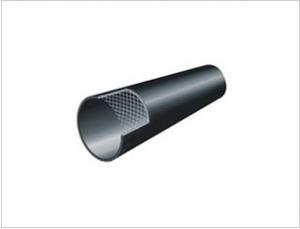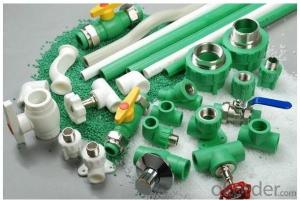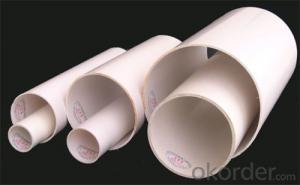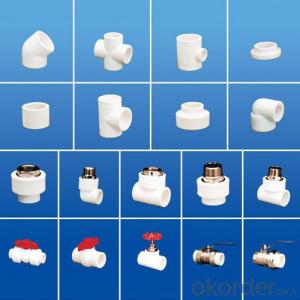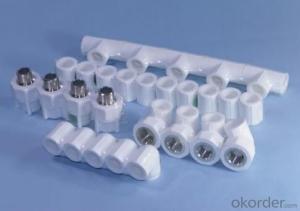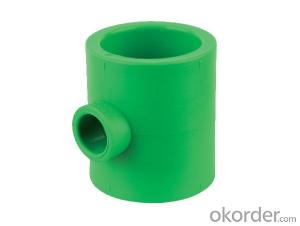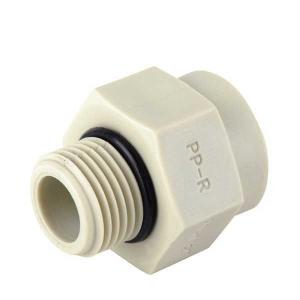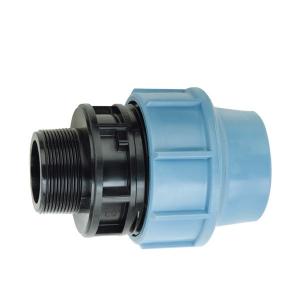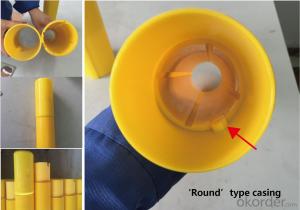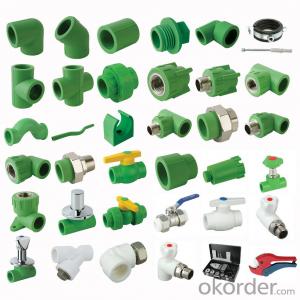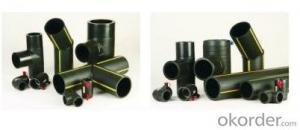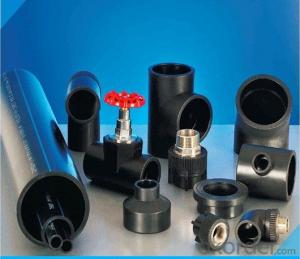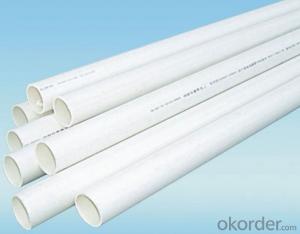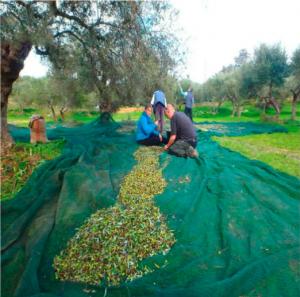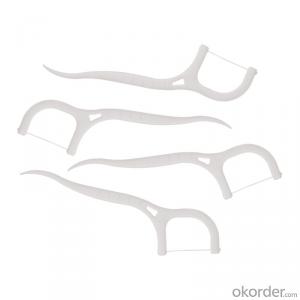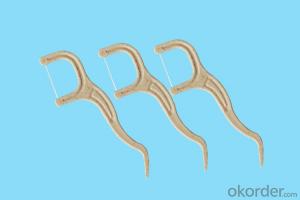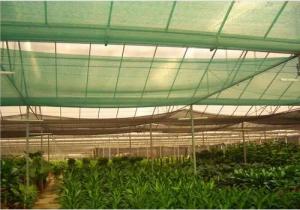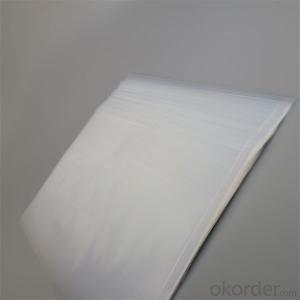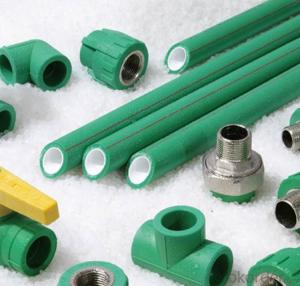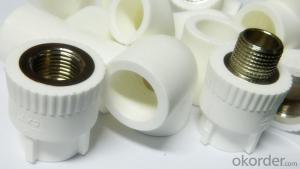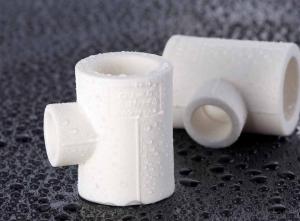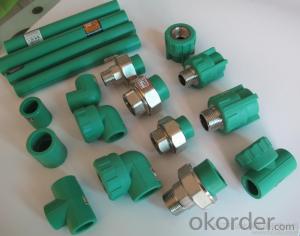Steel Mesh Skeleton PE Pipe for Underground Coal Mine
- Loading Port:
- China Main Port
- Payment Terms:
- TT OR LC
- Min Order Qty:
- -
- Supply Capability:
- -
OKorder Service Pledge
OKorder Financial Service
You Might Also Like
Quick Details
| Place of Origin: | Brand Name: | Model Number: | |||
| Material: | Specification: | Length: | |||
| Thickness: | Standard: | Pressure: | |||
| Color: | OEM: | Working life: | |||
| Feature: | bending property: | Application: | |||
| Origin: | Production Techinque: | Ranking: |
Specifications
1.superior wearability
2.superior temperature resistant
3.superior impact resistant
Applications scope:
steel mesh skeleton PE composite Pipe can use in chemical industry :manufacture industry of acid ,alkali and salt ;transmission or discharging pipeline of corrosive gas, fluid and solid powder in industries including petrochemical,fertilizer,persticide,pharmacy,chemical,mining,plastic and rubber industry.
Oil and gas fields: oil-contained wastewater, gas field misture, polymer liquor reinjection to oil well, twice and triple oil extraction and transmission pipelines.
Mines: ore pulp, tailings, vent pipes and engineering pipes.
Texitile, printing, dyeing and paper industry: transmission or discharging pipeline to transport corrosive media.
Municipal constructions: transmission pipelines of constructional water supply and drainage, drinking water, natural gas and fuel gas.
Non-ferrous metal: seawater transmission, underdrain transmission pipe, discharging pipes and irrigation water pipe, etc.
Agriculture: deep-well pipes, strainer pipes, underdrain transmission pipe, discharging pipes and irrigation water used in desalinator, seaside power plant and port cities.
Thermoelectricity engineering: process water, recycled water and waste residue transmission in thermoelectricity projects.
Express highway: underground drainpipes and cable conduits.
.
Heat Preservation:
steel mesh skeleton PE composite Pipe not less than 25mm in thickness are used to wrap around pipeline surface. Buried under ground, it will not absorb water and distort, thus its service life keeps the same with the pipeline.

- Q:Are plastic pipe fittings suitable for laboratory installations?
- Yes, plastic pipe fittings can be suitable for laboratory installations. They are commonly used in laboratories due to their corrosion resistance, durability, and affordability. Additionally, plastic pipe fittings are easy to install and maintain, making them a popular choice in laboratory settings.
- Q:Do plastic pipe fittings require any special anchoring or bracing?
- Yes, plastic pipe fittings typically require special anchoring or bracing to ensure stability and prevent movement. This is necessary to maintain the integrity of the plumbing system and prevent leaks or damage to the pipes.
- Q:Why does methanol corrode plastic pipes?
- Resins, nylon and rubber, especially nitrile (Ding Jing rubber), ethylene propylene rubber, polytetrafluoroethylene and neoprene, are ideal materials for methanol treatment and storage equipment.
- Q:Can plastic pipe fittings be used for geothermal systems?
- Yes, plastic pipe fittings can be used for geothermal systems. Plastic pipes, such as high-density polyethylene (HDPE) or cross-linked polyethylene (PEX), are commonly used in geothermal systems due to their ability to withstand high temperatures, corrosion resistance, and durability. Plastic pipe fittings specifically designed for geothermal applications help ensure proper connections and system integrity.
- Q:Can plastic pipe fittings be used in vacuum systems?
- Yes, plastic pipe fittings can be used in vacuum systems. However, it is important to ensure that the fittings are made from materials that can withstand the vacuum conditions and any specific requirements of the system.
- Q:What are plastic PVC pipes and pipe fittings made of?
- Raw materials: mainly PVC resin, plus impact modifier, processing aids, lubricants, stabilizers, fillers and so on, by mixing.
- Q:Can plastic pipe fittings be used in medical gas systems?
- No, plastic pipe fittings should not be used in medical gas systems. Medical gas systems require materials that can withstand high pressures and ensure the safety and purity of the gases being transported. Therefore, only approved materials such as copper, stainless steel, or other appropriate materials should be used for fittings in medical gas systems.
- Q:Are plastic pipe fittings suitable for high-pressure systems?
- No, plastic pipe fittings are generally not suitable for high-pressure systems as they may not have the required strength and durability to withstand the pressure levels. Metal fittings are generally recommended for high-pressure systems.
- Q:Are plastic pipe fittings resistant to sunlight exposure?
- Yes, plastic pipe fittings are generally resistant to sunlight exposure. Most plastic materials used in pipe fittings, such as PVC (Polyvinyl Chloride), CPVC (Chlorinated Polyvinyl Chloride), and PEX (Cross-linked Polyethylene), have UV stabilizers that protect them from the harmful effects of sunlight. This resistance allows plastic pipe fittings to be used both indoors and outdoors without significant degradation or deterioration. However, it is still recommended to consult the manufacturer's guidelines for specific information on the UV resistance of a particular plastic fitting.
- Q:Are plastic pipe fittings resistant to high-temperature chemicals?
- Yes, plastic pipe fittings are generally resistant to high-temperature chemicals. However, the level of resistance may vary depending on the type of plastic used and the specific chemicals involved. It is important to consult the manufacturer's specifications or seek professional advice to ensure the correct plastic pipe fittings are chosen for high-temperature chemical applications.
1. Manufacturer Overview |
|
|---|---|
| Location | |
| Year Established | |
| Annual Output Value | |
| Main Markets | |
| Company Certifications | |
2. Manufacturer Certificates |
|
|---|---|
| a) Certification Name | |
| Range | |
| Reference | |
| Validity Period | |
3. Manufacturer Capability |
|
|---|---|
| a)Trade Capacity | |
| Nearest Port | |
| Export Percentage | |
| No.of Employees in Trade Department | |
| Language Spoken: | |
| b)Factory Information | |
| Factory Size: | |
| No. of Production Lines | |
| Contract Manufacturing | |
| Product Price Range | |
Send your message to us
Steel Mesh Skeleton PE Pipe for Underground Coal Mine
- Loading Port:
- China Main Port
- Payment Terms:
- TT OR LC
- Min Order Qty:
- -
- Supply Capability:
- -
OKorder Service Pledge
OKorder Financial Service
Similar products
New products
Hot products
Related keywords
